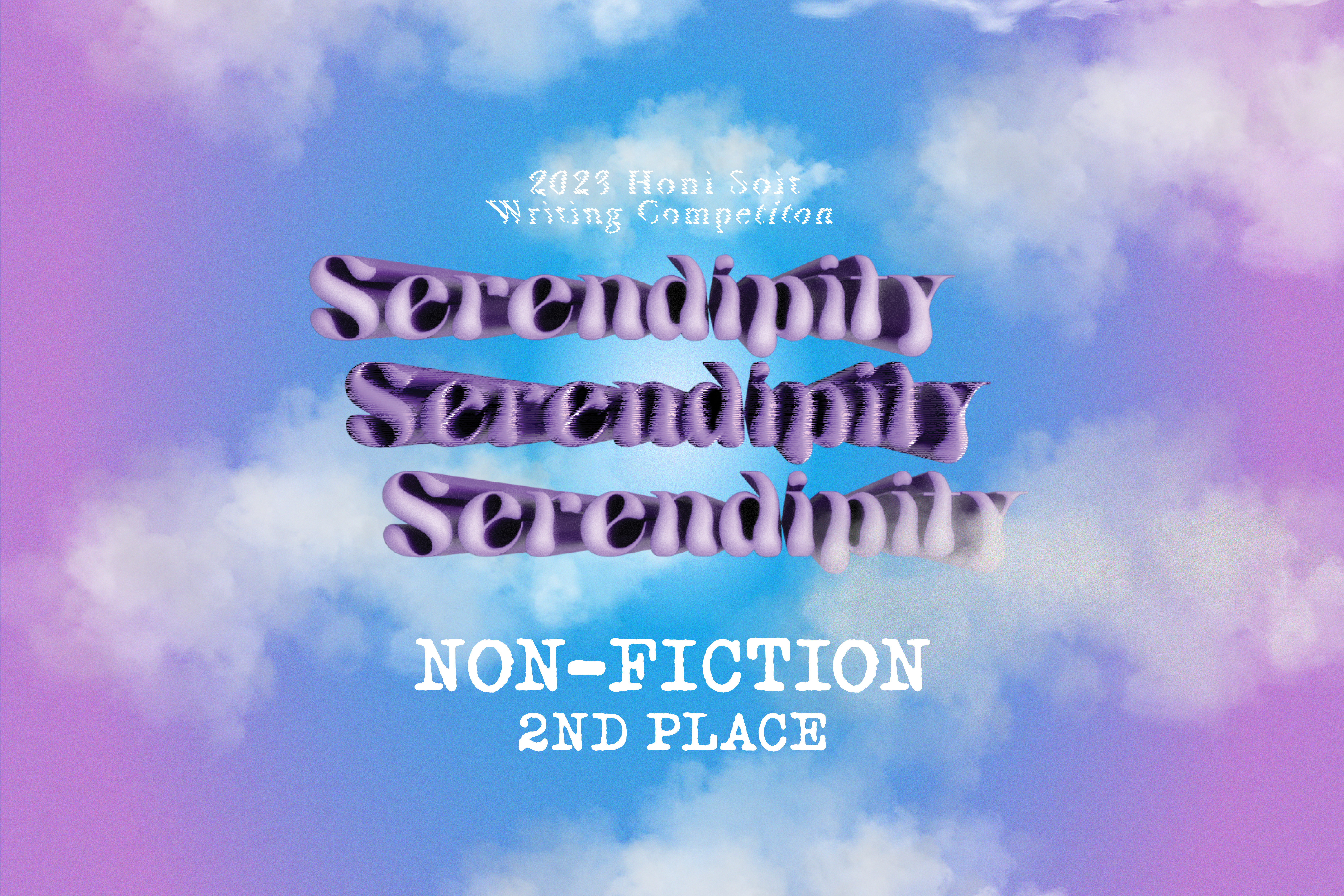When I was 18 Sydney felt like the universe:
Coming into gay life through the expansive nature of university, in all its culture and intellect, felt like the city opening up and folding in on itself as a constant, endless place for exploration and discovery.
I don’t mean gay life as in meeting other gay people. Rather, gay life as a mode of mixing with the world around me as a gay person. Ocean Vuong speaks about being queer as demanding ‘alternative innovation.’
‘I had to make alternative routes,’ he says. ‘It made me curious; it made me ask, ‘Is this enough for me?’
And it was never enough for me.
In the middle stages of my teen years when my friends were exploring their sexuality, there was no one for me to do that with. I should be clear that I’m not a victim here – I could most definitely chat about girls I wanted to date. But I mean in a more literal sense: there was no one for me to let out all my teenage, hormonal desire for sloppy pashing with. It felt like after the rapid, upwards stretch of childhood, my growth was stunted. So instead I turned to the city around me, and placed myself in its constant, humming history; a sloppy pash of sorts. I let it nurture me and I did my all to nurture it, through its people and pool tables and dance floors.
–
These later years of university have become increasingly populated by conversations about moving overseas, about finding something more. When did these spaces around us stop being more? When did the infatuation with our surrounds start feeling like a nostalgic end, not a beginning? Did Sydney open us up to so much, that we couldn’t help but wonder what more there must be?
I’m of course not special in feeling like this.
Clive James was part of a generational group who uprooted Australian theatre through the student scene. But as soon as his cohort finished their time in SUDS, they got straight on a ship to London.
‘In Sydney Harbour, twelve thousand miles away and ten hours from now,’ he wrote in a memoir, ‘the yachts will be racing on the crushed diamond water under a sky the texture of powdered sapphires. It would be churlish not to concede that the same abundance of natural blessings which gave us the energy to leave has every right to call us back.’
He’s right, it would be churlish not to concede the right this land holds over us – but it’s selfish to outgrow it in the first place.
I have a somewhat judgemental viewpoint. I’m Aboriginal; Clive is white. And maybe he doesn’t quite get it. But this land is generous enough, commanding enough, to place in all of us something we so commonly can’t shake.
The desire to go further away from where we are now is a curse of modernity. An almost colonial need to discover. To seek more through literally seeking more. What if we commit to going deeper instead – to staying in this place and rediscovering the every day.
This city demands thoughts and cultural interest; our mistake is thinking it’s pointing us to elsewhere. Sydney’s chronic issue is being of constant likeness. On a rainy day, you could be in London. Lay in the sun on the beach long enough, and you could be in Spain. We must shift our focus to stop thinking of these as borrowed traits, and start recognising them as unique.
It would be regrettable to let another generation view Sydney as nothing but a vessel to a life beyond it. Instead of knowing a little bit about everywhere, what if we commit to sticking around, and knowing everything about somewhere? What if, instead, we watch Sydney change; sit by it through its awkward stages, massage it through its growing pains. We could learn about the secrets that hide in every little crease and fold, wear it out until its wrinkles tell stories all of their own.
A universalist mentality might be a privileged gift of university education. But on a rainy afternoon on Glebe Point Road, Sydney can be the universe, too.





